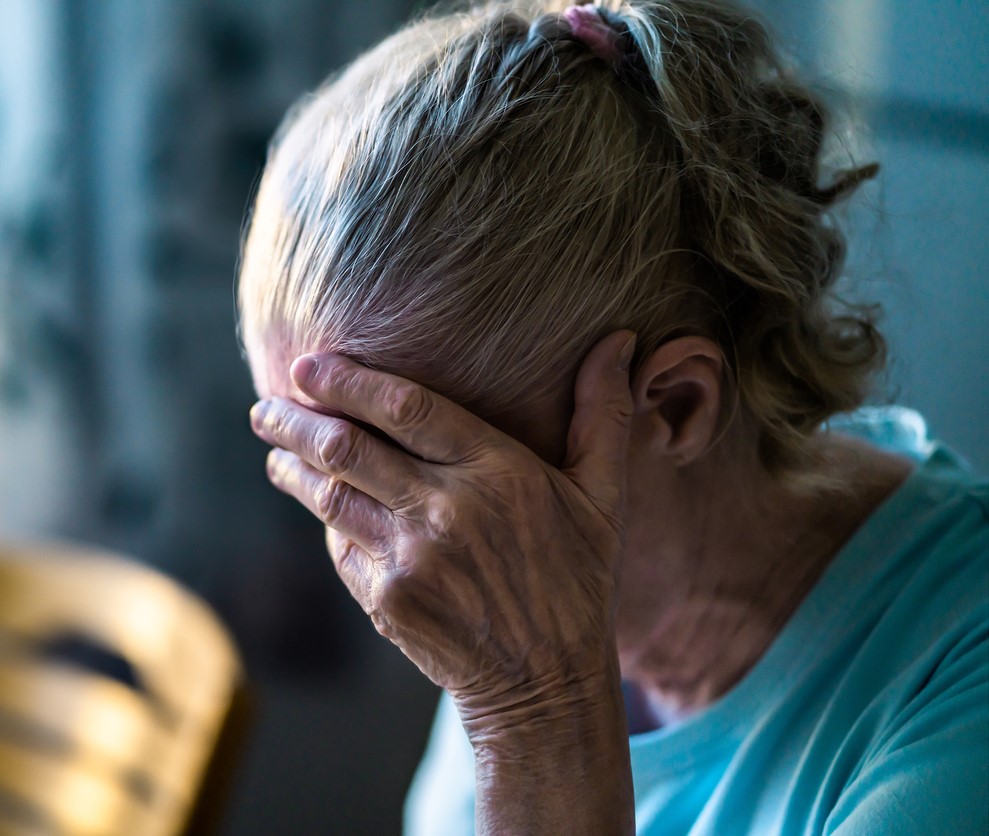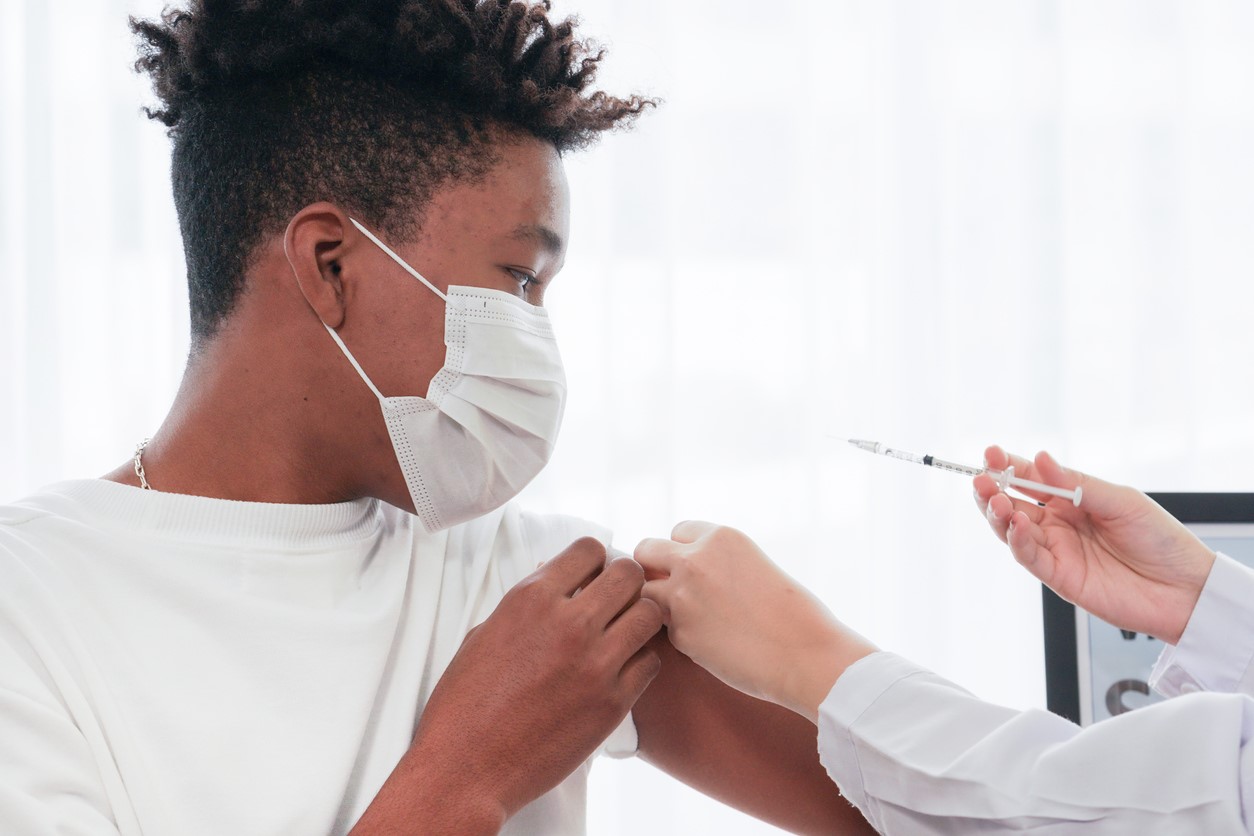 A study including all Danish adults published yesterday in JAMA Psychiatry suggests an increased risk of new-onset mental illness only in SARS-CoV-2–positive patients aged 70 and older. It also finds that worsened mental health after COVID-19 hospitalization is common but no more so than after other, similarly severe respiratory infections.
A study including all Danish adults published yesterday in JAMA Psychiatry suggests an increased risk of new-onset mental illness only in SARS-CoV-2–positive patients aged 70 and older. It also finds that worsened mental health after COVID-19 hospitalization is common but no more so than after other, similarly severe respiratory infections.
A team led by Copenhagen University Hospital researchers used national registry data to compare the risk of new-onset mental disorders and psychotropic drug prescriptions among 526,749 adults who tested positive for COVID-19 with that of 501,119 untested, 3,124,933 COVID-negative, and hospitalized adults living in Denmark from January 1 to March 1, 2020.
Follow-up was conducted until December 31, 2021. About half of the participants were women, and the average age was 48.8 years.
Higher risk among hospitalized patients
The risk of new-onset mental illness was higher in both COVID-positive (hazard rate ratio [HRR], 1.24) and -negative (HRR, 1.42) adults than in those never tested. Relative to COVID-negative participants, the risk of mental illness in infected participants was 25% lower in those aged 18 to 29 years (HRR, 0.75), while those 70 and older were at 25% greater risk (HRR, 1.25).
A comparable trend was seen for first-time psychotropic medication use, with a lower risk in 18- to 29-year-olds (HRR, 0.81) and a higher risk in those 70 and older (HRR, 1.57). The risk of mental disorders was much higher in hospitalized COVID-19 patients than among the general population (HRR, 2.54) but no more so than among those hospitalized for other respiratory infections (HRR, 1.03).
Future studies should include even longer follow-up time.
Compared with COVID-negative participants, COVID-positive adults were at higher risk of filling anti-anxiety medication prescriptions (HRR, 1.22) and lower risk of taking antidepressants (HRR, 0.85), with no significant difference as to antipsychotic and antidementia drugs.
"Future studies should include even longer follow-up time and preferentially include immunological biomarkers to further investigate the impact of infection severity on postinfectious mental disorder sequelae," the study authors wrote.
 The Vaccine Adverse Event Reporting System (VAERS), the federal spontaneous reporting system for vaccine safety, is poorly named, thus leaving it vulnerable to criticism and misuse argues a
The Vaccine Adverse Event Reporting System (VAERS), the federal spontaneous reporting system for vaccine safety, is poorly named, thus leaving it vulnerable to criticism and misuse argues a  A review and
A review and 










